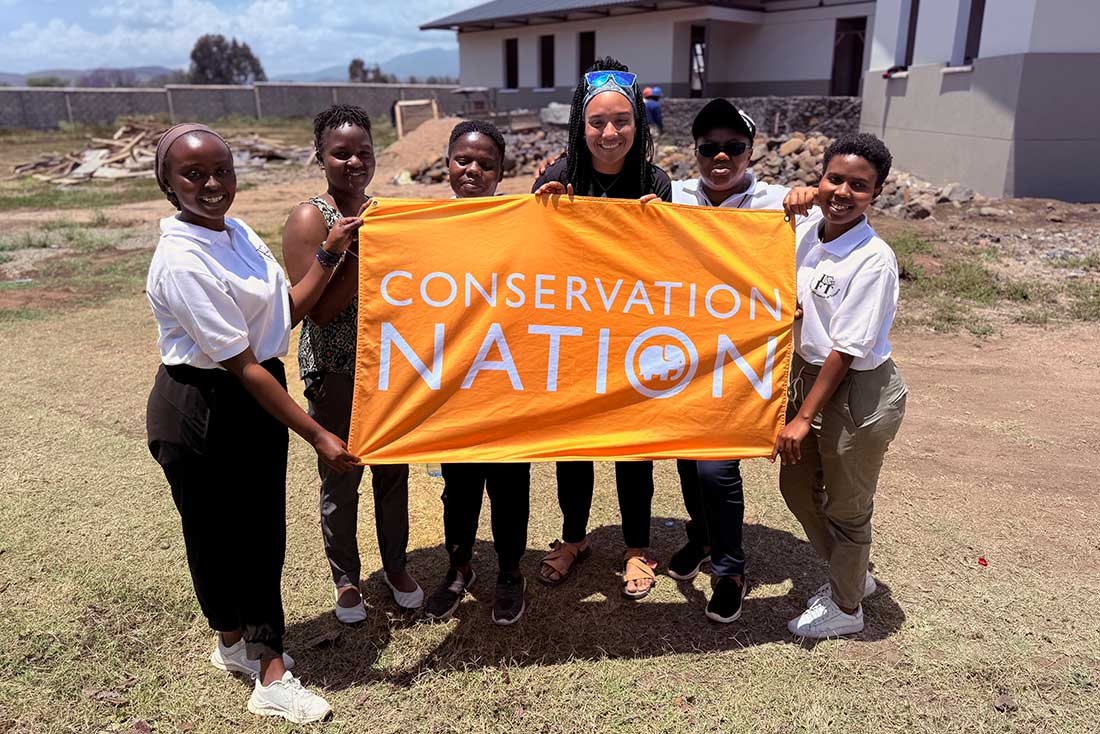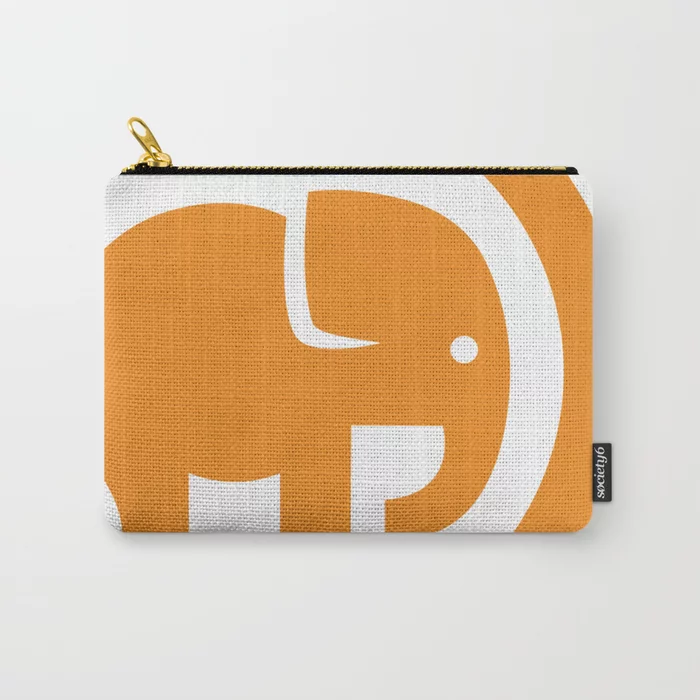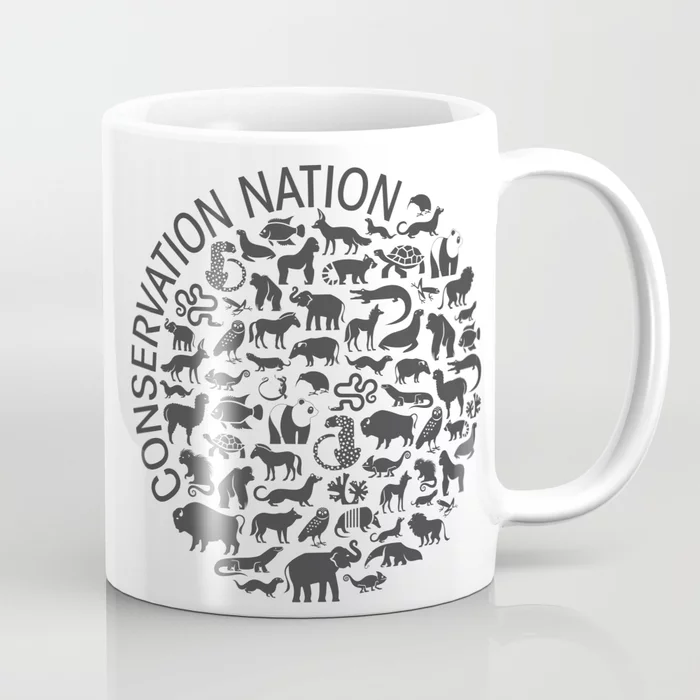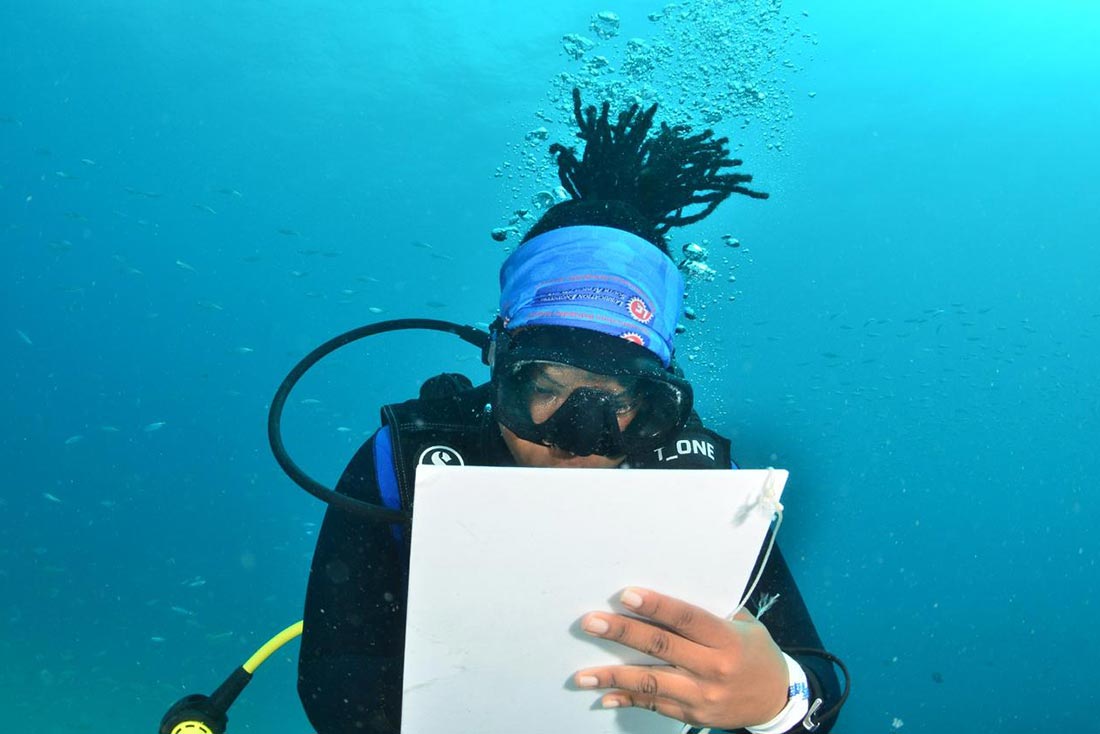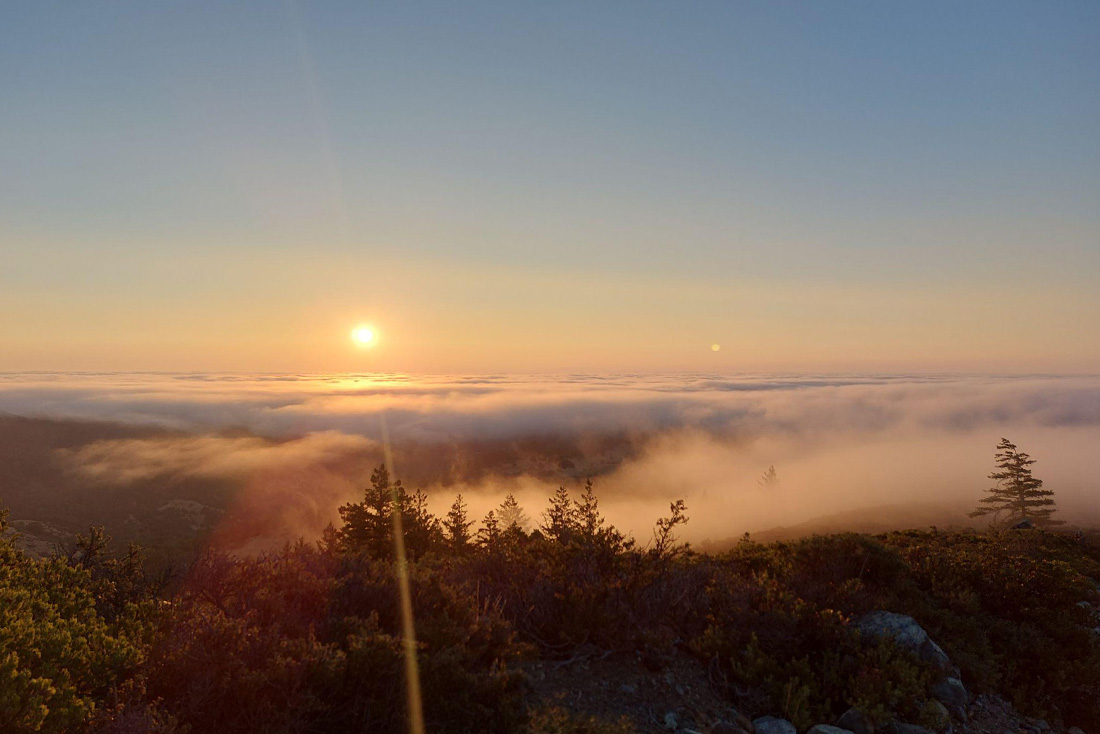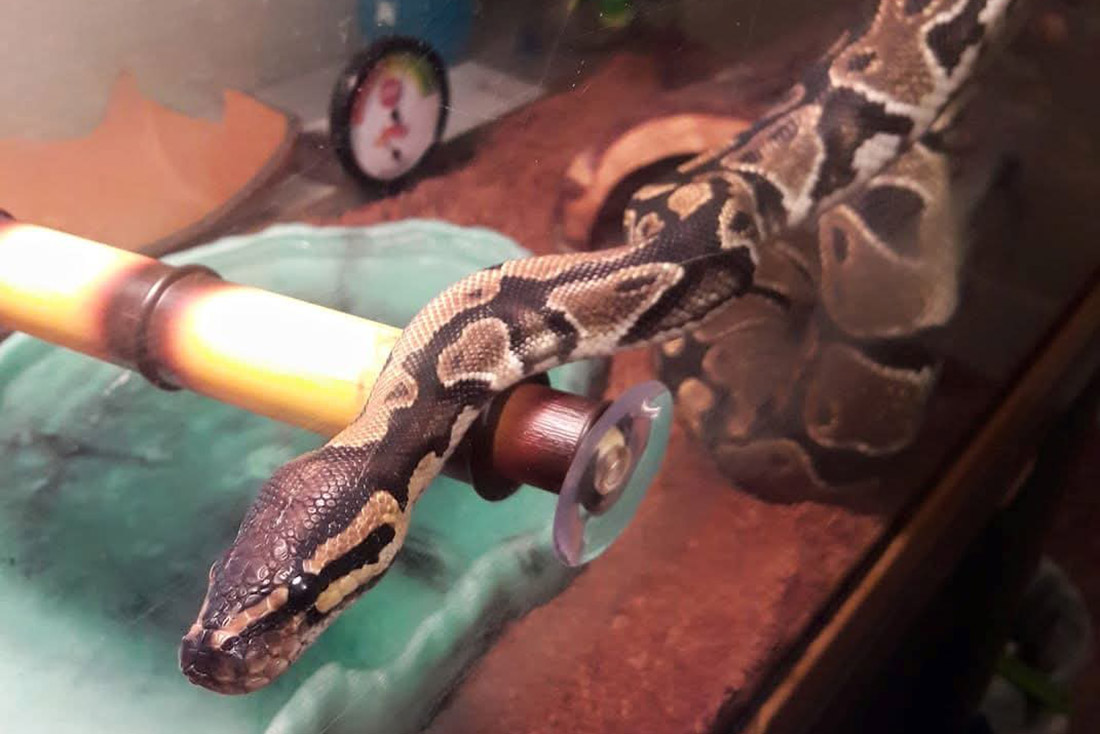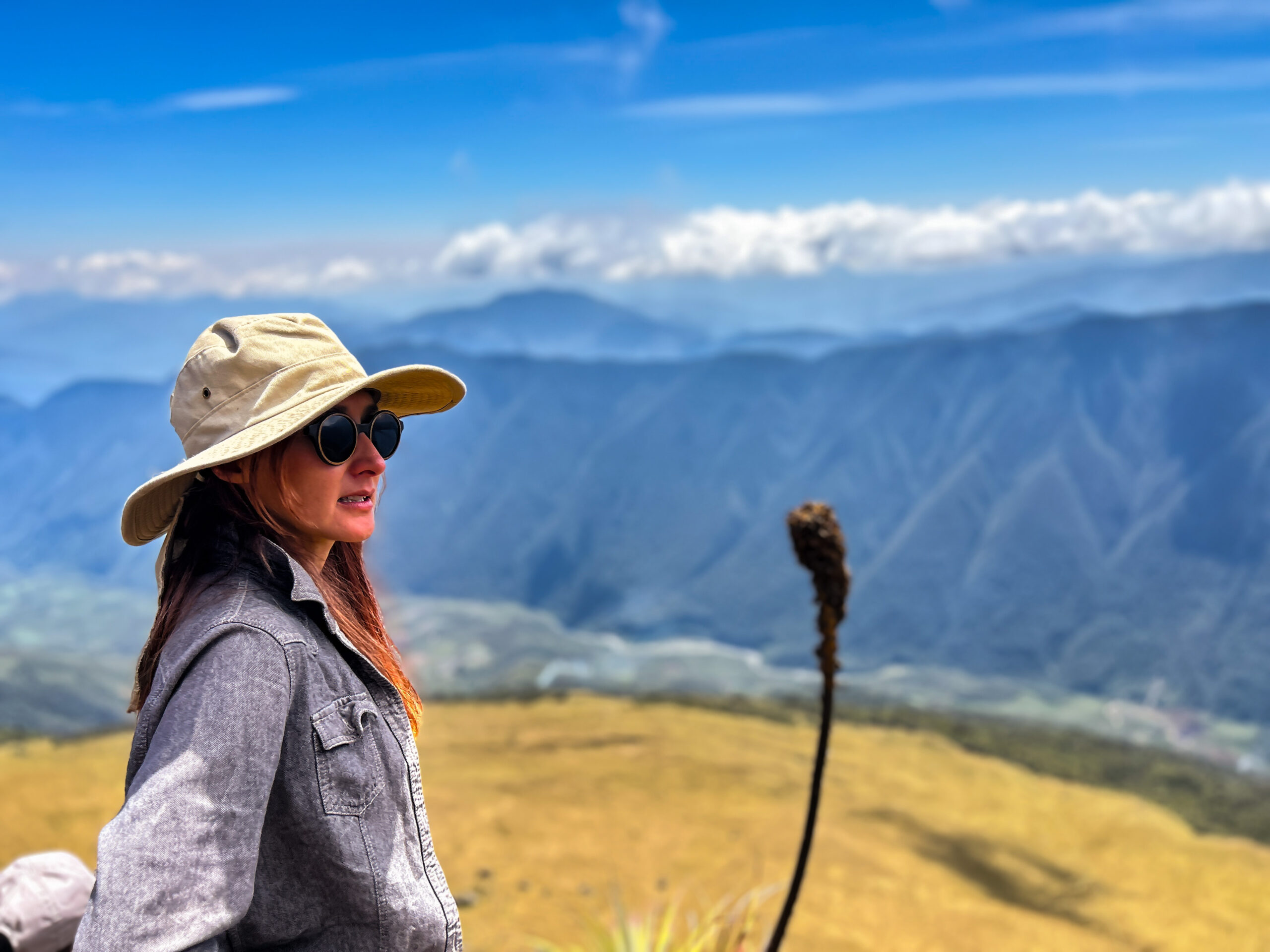Over the summer as we were building out the new Conservation Nation mission and direction, we dove deep into where we could make the biggest impact in the wildlife conservation field. There are so many incredible conservation organizations and, given the urgent need to stop the losses in biodiversity, it made no sense to replicate their work. We wanted to find a niche where we could add strong and unique value and that would help all conservation organizations, so all boats rise in this critical fight for the planet.
After careful review of the needs and gaps, conversations with established and struggling conservationists, and discussions with conservation organization leaders it was clear that the most meaningful, helpful, and unique path forward for Conservation Nation would be to break the barriers that have put an artificial—and dangerous—cap on the size and representation of conservationists.
There are three primary barriers:
- The field’s reliance on passionate people able to work for free in volunteer and intern roles;
- The need for professional connections to break into the field;
- The luxury of being in a family and community that provides exposure to nature and wildlife, and to conservation careers
As you can imagine, these barriers unintentionally keep out those without privilege—without the financial freedom to work for free, and the ability to afford a career of passion, and the connections to get into the competitive space, and the early exposure to the career options and meaningful experiences in nature.
To help us better understand the size and impact of these barriers, we reached out via an online survey to our network of conservationists around the country. We had 40 conservationists complete the survey, and the input was compelling. We want to conduct a larger survey in 2022, but the directional results from this survey hold true with everything we heard in our market assessments.
Some key findings from our survey:
- 3/4 of the respondents agreed that a career in conservation requires privilege that many don’t have
- Eight out of ten conservationists worked for free—and almost half of them worked for free for a year or longer.
- Half of the respondents had to (or currently have to) take a second job to afford their career in conservation
- Women and people of color were more likely to have:
-
- Agreed that a career in conservation takes privilege
- Worked for free
- Worked for free longer
- Had to take a second job to afford a career in conservation
To give this urgent biodiversity challenge all we’ve got, we must have every smart voice and every smart solution at the table. We simply can’t let these long-standing systemic barriers stand that keep out so many people with the potential to solve this existential challenge.
That’s our mission and our passion, and we’re so excited about our progress so far. Stay with us as we ramp up our barrier-breaking work and please support us if this speaks to you, too.

